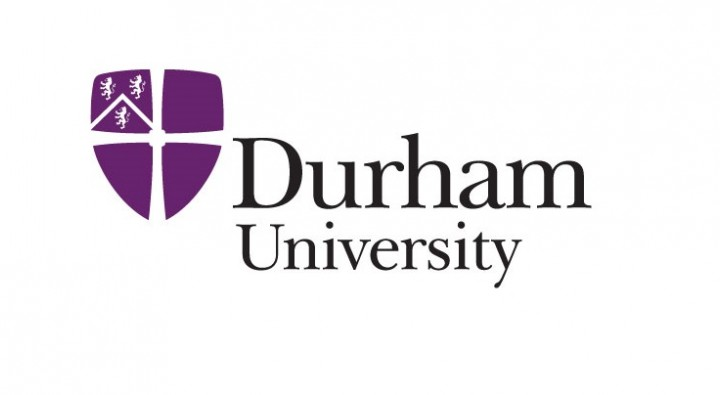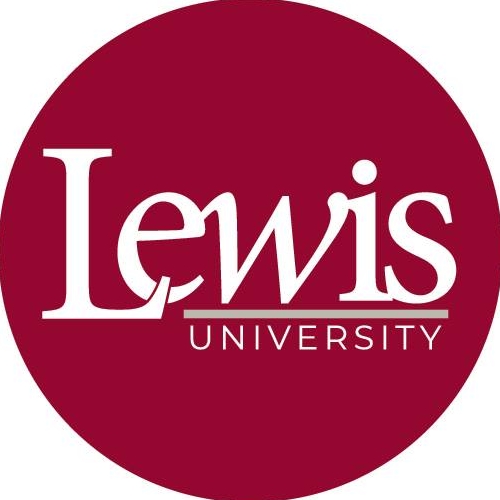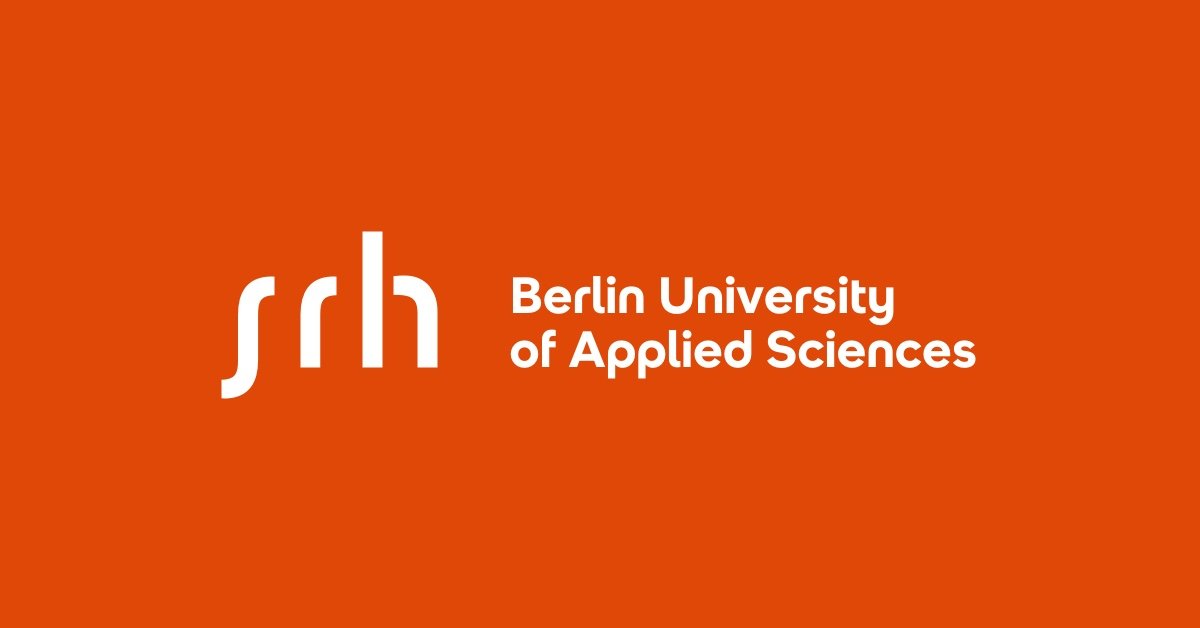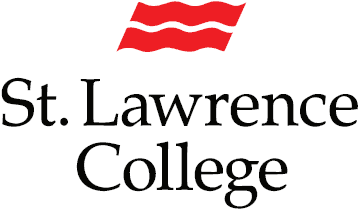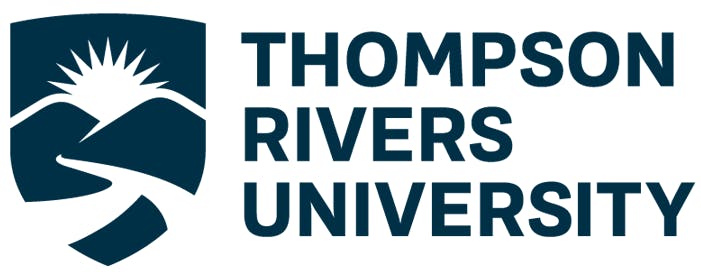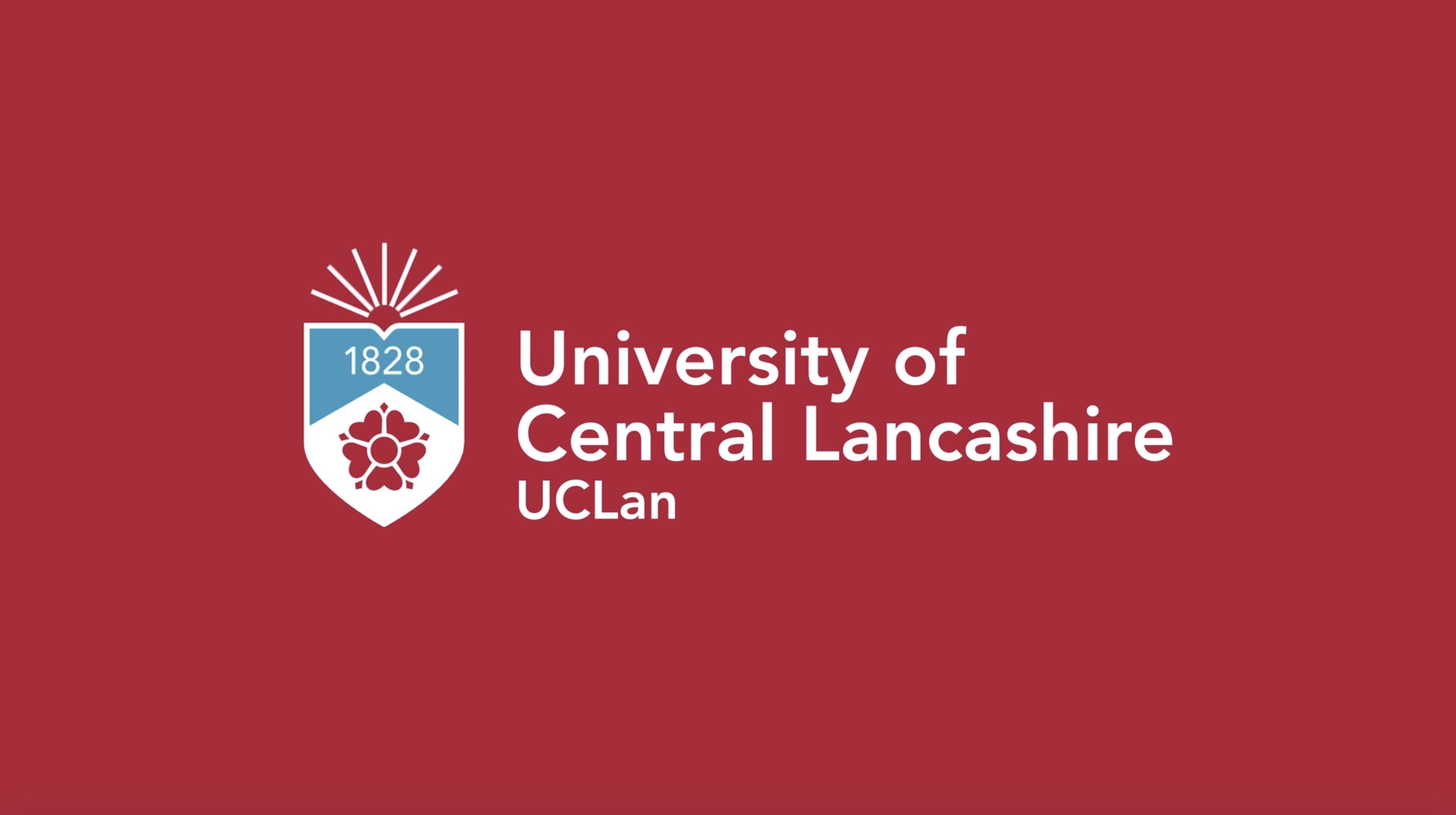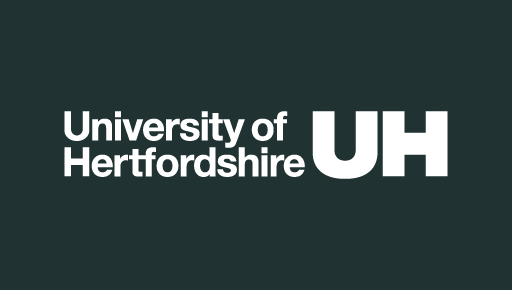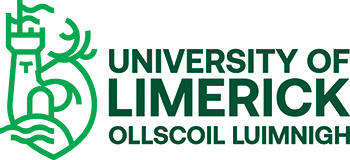Supply Chain Management: Your Gateway to Global Careers
Are you an Indian student passionate about logistics, operations, and optimizing business processes? Studying Supply Chain Management (SCM) abroad can open doors to exciting international careers. This dynamic field focuses on the efficient movement of goods, services, and information from suppliers to consumers, playing a crucial role in today's global economy. With India's booming e-commerce and manufacturing sectors, expertise in SCM is in high demand. Pursuing this course overseas equips you with world-class skills, exposure to advanced technologies, and networks that can propel your career forward.
From managing inventory in multinational corporations to streamlining sustainable supply chains, SCM professionals are the backbone of industries like retail, manufacturing, and healthcare. For Indian students, studying abroad in SCM not only enhances your resume but also provides invaluable cultural experiences and global perspectives. Let's dive into everything you need to know about this course.
Why Study Supply Chain Management Abroad?
India's supply chain sector is growing rapidly, valued at over $200 billion and expected to reach $380 billion by 2025. However, to lead in this space, you need cutting-edge knowledge that Indian institutions may not fully offer. Abroad, programs emphasize practical training, case studies from global giants like Amazon and Walmart, and tools like AI-driven forecasting and blockchain for transparency.
- Global Exposure: Learn from diverse case studies, including how companies handle disruptions like the COVID-19 pandemic.
- Advanced Curriculum: Courses cover emerging trends such as green logistics and digital transformation.
- Career Boost: International degrees from top universities increase employability by 30-40% for Indian graduates.
- Scholarships and Funding: Many countries offer aid for international students, reducing costs significantly.
For Indian students, the appeal is even stronger. Countries like the USA, UK, Canada, and Australia have robust SCM programs tailored to multicultural workforces, helping you bridge the gap between Indian and global markets.
Course Overview
Supply Chain Management courses are available at undergraduate (Bachelor's), postgraduate (Master's), and doctoral levels. Most popular among Indian students is the Master's in SCM (MSCM or MBA with SCM specialization), lasting 1-2 years. These programs blend theory with hands-on projects, internships, and industry certifications like APICS or CIPS.
Key Topics Covered
The curriculum is designed to build a holistic understanding of the supply chain ecosystem. Here's a breakdown:
| Module | Description | Skills Gained |
|---|---|---|
| Procurement and Sourcing | Strategies for supplier selection, negotiation, and ethical sourcing. | Cost reduction, vendor management, risk assessment. |
| Logistics and Transportation | Optimizing routes, modes of transport, and last-mile delivery. | Route planning software, freight management, sustainability practices. |
| Inventory Management | Techniques like Just-in-Time (JIT) and demand forecasting. | ERP systems (e.g., SAP), stock control, reducing waste. |
| Operations and Quality Control | Lean manufacturing, Six Sigma, and process improvement. | Quality assurance, efficiency metrics, ISO standards. |
| Global Supply Chain Strategy | Handling international trade, tariffs, and geopolitical risks. | Cross-cultural negotiation, compliance with WTO rules. |
| Emerging Technologies | AI, IoT, blockchain, and big data in SCM. | Data analytics tools, predictive modeling, cybersecurity basics. |
Many programs include capstone projects where you simulate real-world scenarios, such as redesigning a supply chain for an Indian export company like Tata Motors.
Duration and Format
- Bachelor's: 3-4 years, foundational knowledge.
- Master's: 1-2 years, advanced and specialized.
- Online/Hybrid Options: Flexible for working professionals, offered by universities like MIT or Purdue.
Expect assessments via exams, group projects, and internships—often paid, providing real income during studies.
Eligibility and Admission Requirements for Indian Students
Admission to SCM programs is competitive but accessible for Indian applicants. Most universities require:
- Academic Qualifications: Bachelor's degree with 50-60% marks (or equivalent GPA). For Master's, a background in business, engineering, or commerce is preferred.
- English Proficiency: IELTS (6.5+ overall) or TOEFL (90+). Some waive this for Indian students from English-medium schools.
- Standardized Tests: GRE/GMAT for top programs (e.g., 300+ GRE score). Not always mandatory for all universities.
- Work Experience: 1-2 years for MBA-SCM, optional for MS programs.
- Documents: SOP (Statement of Purpose) explaining your interest in SCM, LORs (2-3), resume, and transcripts.
Tip for Indian Students: Highlight your exposure to India's diverse supply chains, like the challenges in agricultural logistics or e-commerce booms via Flipkart. Deadlines are typically November-February for fall intake.
Top Destinations and Universities
Choosing the right country matters for visa ease, post-study work options, and job markets. Here's a comparison:
| Country | Top Universities | Tuition (INR per year) | Post-Study Work Visa |
|---|---|---|---|
| USA | Massachusetts Institute of Technology (MIT), Michigan State University | 20-40 lakhs | OPT: Up to 3 years |
| UK | Cranfield University, University of Warwick | 15-25 lakhs | Graduate Route: 2 years |
| Canada | University of Toronto, York University (Schulich School) | 12-20 lakhs | PGWP: Up to 3 years |
| Australia | University of Sydney, RMIT University | 18-30 lakhs | Temporary Graduate Visa: 2-4 years |
| Netherlands | Rotterdam School of Management, Tilburg University | 10-18 lakhs | Orientation Year: 1 year |
The USA leads in innovation, while Canada offers affordable living and easier PR pathways—ideal for Indian families seeking long-term settlement.
Career Opportunities and Salary Prospects
SCM graduates are highly sought after, with global demand projected to grow 8% by 2030. In India, returning professionals can join firms like Reliance, Adani Logistics, or DHL, earning 8-15 lakhs starting salary. Abroad, opportunities abound in consulting (Deloitte, KPMG) or tech (Amazon, FedEx).
- Job Roles: Supply Chain Analyst, Logistics Manager, Procurement Specialist, Operations Director.
- Average Salaries:
- USA: $80,000-$120,000 (65-100 lakhs INR)
- UK: £40,000-£60,000 (40-60 lakhs INR)
- Canada: CAD 70,000-100,000 (40-55 lakhs INR)
- India (Post-Study): 10-20 lakhs INR
- Growth Sectors: E-commerce, pharmaceuticals, and sustainable supply chains—aligning with India's Make in India initiative.
Certifications earned abroad, like Certified Supply Chain Professional (CSCP), boost your profile. Many alumni secure roles within 3-6 months of graduation.
Scholarships and Financial Aid for Indian Students
Studying abroad doesn't have to break the bank. Options include:
- University Scholarships: MIT's Fellowships (up to 50% tuition waiver) or Cranfield's International Excellence Scholarship.
- Government Aid: UK's Chevening Scholarships (full funding), Canada's Vanier Scholarships, or Australia's Endeavour Awards.
- Indian-Specific: Inlaks Shivdasani Foundation (up to 10 lakhs), JN Kennedy Memorial Trust.
- Loans: From SBI or HDFC Credila, with moratorium during studies.
Living costs vary: USA ($15,000/year), Canada ($12,000/year). Part-time jobs (20 hours/week) can cover 20-30% of expenses.
Visa and Application Process
The journey starts with university applications via portals like Common App (USA) or UCAS (UK). Post-acceptance:
- Student Visa: F-1 (USA), Tier 4 (UK), Study Permit (Canada). Requires proof of funds (INR 10-15 lakhs) and ties to India.
- Documents: Passport, offer letter, financial statements, health insurance.
- Timeline: Apply 3-6 months in advance; processing takes 4-12 weeks.
- Post-Arrival: Attend orientation, open a bank account, and explore campus resources for Indian students.
Pro Tip: Consult education agents in India for personalized guidance on visas—success rates are over 90% for genuine applicants.
Success Stories from Indian Graduates
Meet Priya Sharma, an IIT Delhi alum who pursued MSCM at Michigan State University. Today, she heads logistics for Amazon India, crediting her program for skills in AI optimization. Or Raj Patel from Mumbai, now a consultant at McKinsey UK, who leveraged his UK degree for a 50% salary jump upon return.
Studying SCM abroad isn't just an education—it's an investment in a borderless future. With India's supply chain evolving, your global expertise will make you indispensable. Ready to take the first step? Explore programs today and transform your career.






